Self-drive car rentals are becoming increasingly popular in East Africa, offering tourists and locals the flexibility to explore at their own pace. However, renting a self-drive car in East Africa involves various conditions and requirements that potential renters must meet. These conditions can vary slightly from one country to another, but there are commonalities across the region. This guide provides an in-depth look into the general conditions for hiring a self-drive car in East Africa, focusing on countries like Kenya, Tanzania, Uganda, and Rwanda.
- Driver’s License Requirements
To hire a self-drive car in East Africa, you must have a valid driver’s license. The specifics include:
- Local Driver’s License: For East African residents, a local driver’s license is sufficient.
- International Driver’s Permit (IDP): For foreign tourists, an International Driver’s Permit, along with your home country’s license, is typically required. The IDP translates your license into multiple languages and is recognized internationally.
- Minimum Driving Experience: Most rental companies require drivers to have a minimum of 5 years & above of driving experience.
- Age Requirements
Age restrictions are another important condition:
- Minimum Age: The minimum age for renting a car is usually 23 years old. However, some companies may set it at 25.
- Maximum Age: There is often an upper age limit, typically around 70 years, but this can vary.
- Identification and Documentation
To rent a car, you will need to provide:
- Passport: A valid passport for identification.
- Visa: Proof of entry into the country, usually a tourist visa or any other valid entry document.
- Proof of Residence: For local residents, proof of residence such as a utility bill or a lease agreement might be required.
- Security Deposit
A security deposit is a standard requirement:
- Credit Card Hold: Most rental companies place a hold on your credit card as a security deposit. This can range from $500 to $1,500 depending on the type of vehicle.
- Cash Deposit: Some companies accept a cash deposit, but this is less common and might require prior arrangement.
- Insurance Requirements
Insurance is crucial for renting a car:
- Comprehensive Insurance: Rental companies provide basic comprehensive insurance that covers damage to the car, theft, and third-party liability. However, this often comes with a high deductible.
- Collision Damage Waiver (CDW): Renters can opt for a CDW to reduce their liability in case of an accident. This is usually an additional daily fee.
- Personal Accident Insurance: Optional insurance that covers medical expenses for the driver and passengers in case of an accident.
- Rental Agreement
The rental agreement outlines the terms and conditions of the rental:
- Rental Duration: Clearly defined rental period, including start and end dates and times.
- Mileage Limit: Some rentals include unlimited mileage, while others may have a daily mileage limit with additional charges for extra miles.
- Fuel Policy: The car is typically provided with a full tank of fuel and should be returned with a full tank. Alternatively, some companies might charge for the fuel used.
- Vehicle Condition and Inspection
Before taking possession of the car:
- Vehicle Inspection: A thorough inspection of the car for any pre-existing damages is conducted, and a checklist is filled out.
- Documentation: Photos or videos of the car’s condition might be taken as proof.
- Additional Drivers
If there will be more than one driver:
- Additional Driver Fee: Some companies charge an extra fee for each additional driver.
- Driver’s License: All additional drivers must present their valid driver’s licenses and meet the same age and experience requirements.
- Driving Restrictions
There are specific driving restrictions to be aware of:
- Geographical Limits: Some rentals may restrict driving to certain areas or prohibit crossing international borders.
- Road Conditions: Certain vehicles might not be allowed on unpaved roads. Breaking this rule can result in voiding the insurance coverage.
- Traffic Laws: Renters must adhere to all local traffic laws, including speed limits, seatbelt usage, and the prohibition of driving under the influence of alcohol or drugs.
- Emergency Procedures
Understanding the protocol in case of an emergency:
- Contact Information: The rental company provides contact details for roadside assistance.
- Accident Protocol: Procedures to follow in the event of an accident, including contacting the police and the rental company immediately.
- Vehicle Return
The conditions for returning the vehicle include:
- Return Location: The car must be returned to the agreed-upon location, which might be different from the pickup point in some cases.
- Inspection: Another inspection is conducted to check for any new damages or issues.
- Late Return Fees: Returning the car late can incur additional charges.
- Payment Terms
The payment conditions include:
- Advance Payment: Some companies require full payment upfront, while others might allow partial payment with the balance due on return.
- Accepted Payment Methods: Credit cards are widely accepted, while cash payments might require additional verification.
COUNTRY-SPECIFIC CONDITIONS
While the general conditions mentioned above apply broadly across East Africa, there are specific nuances in different countries:
Kenya
- Road Quality: Roads can range from well-maintained highways to rough rural tracks. A 4×4 vehicle is recommended for rural areas.
- Wildlife Areas: Special permits may be required for driving within national parks and reserves.
Tanzania
- Safari Vehicles: Many tourists rent 4×4 vehicles specifically equipped for safaris, which might include pop-up roofs and additional insurance.
- Traffic Police: Frequent roadblocks and police checks are common, so having all documentation handy is important.
Uganda
- Terrain: The terrain can be challenging with many unpaved roads. Renting a land cruiser 4×4 vehicle is advisable.
- Permits: Special permits might be required for driving in certain areas, especially near wildlife reserves.
Rwanda
- Compact Size: Rwanda’s smaller size and better road infrastructure make it relatively easier to navigate, even with a standard vehicle.
- Gorilla Trekking Areas: Specific permits and restrictions apply when driving to gorilla trekking areas.
Conclusion
Renting a car for self drive in East Africa can be a rewarding experience, offering the freedom to explore the diverse landscapes and cultural attractions at your own pace. By understanding and adhering to the conditions outlined above, you can ensure a smooth and enjoyable rental experience. Always check the specific requirements of the rental company and the country you are visiting, and take the necessary precautions to stay safe and legal on the road.
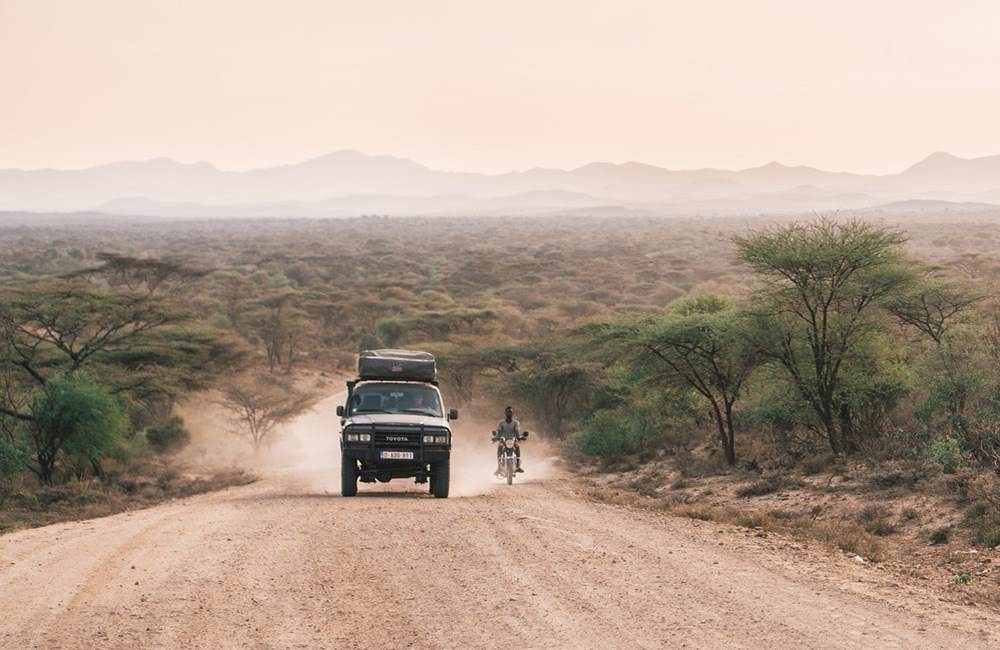


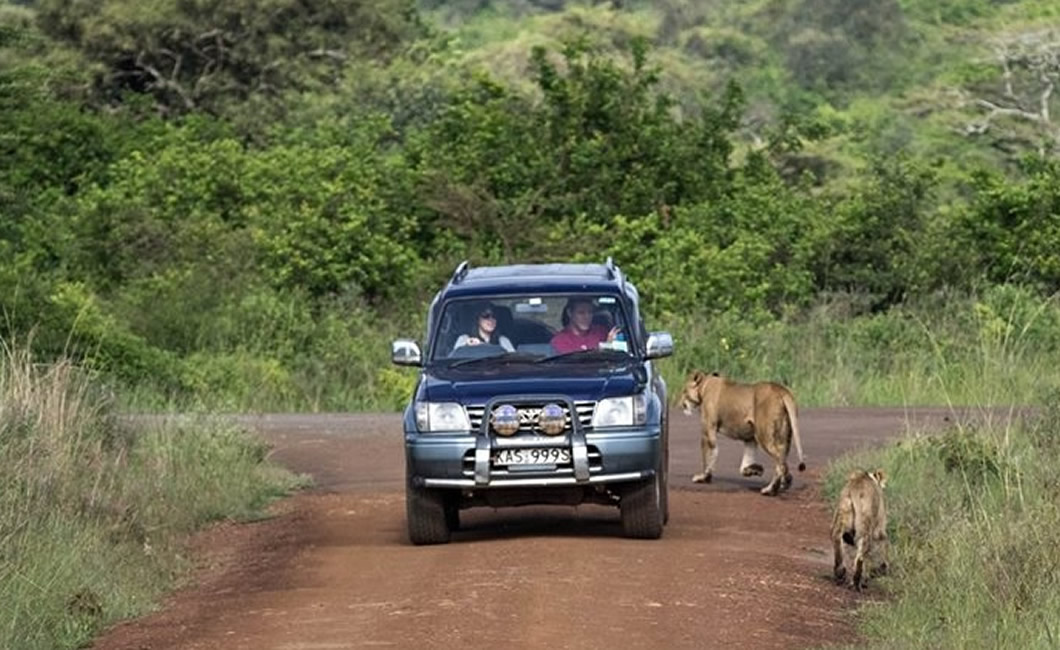
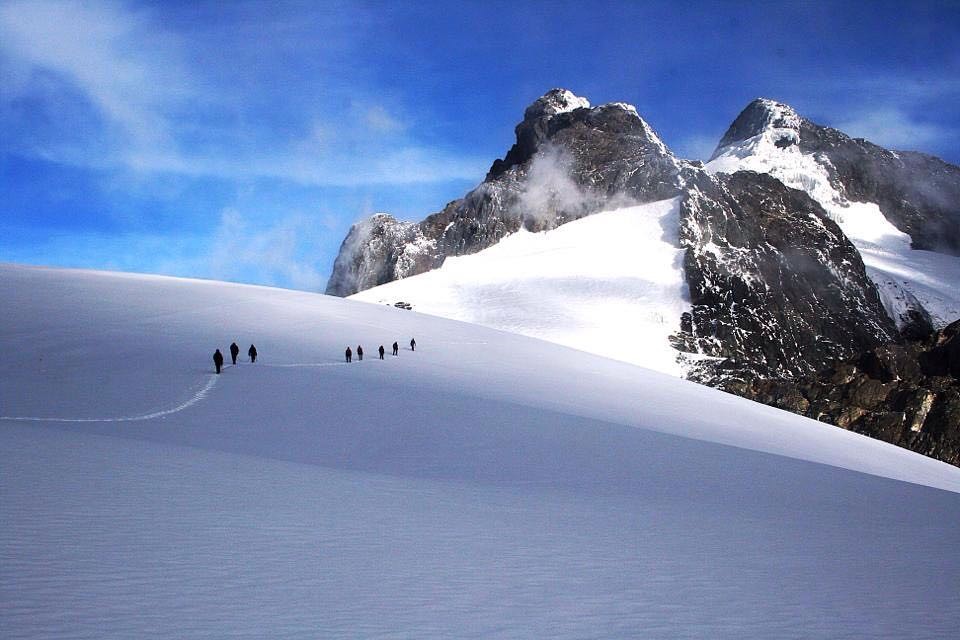
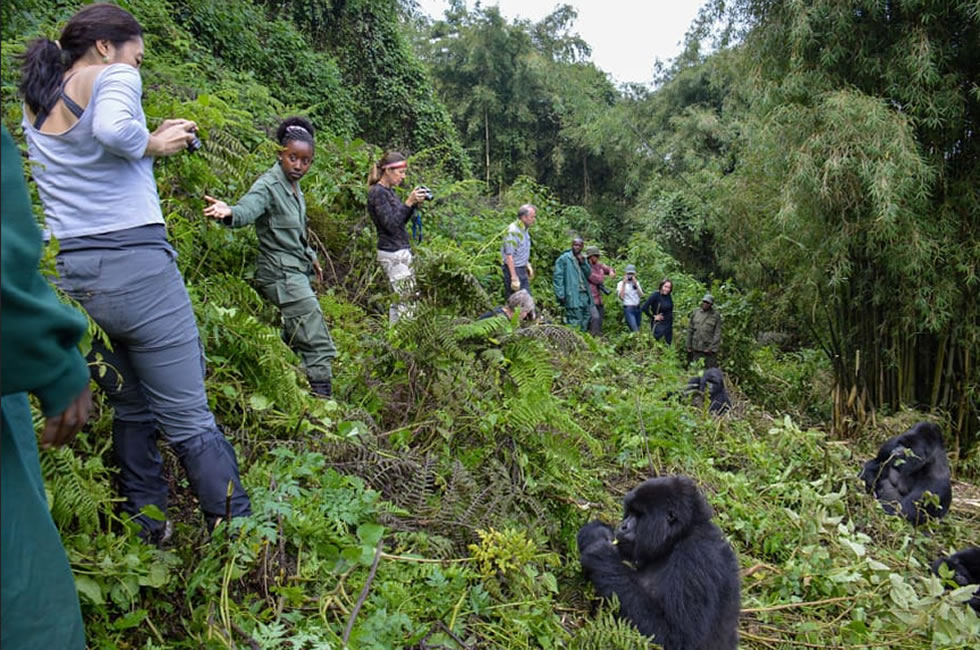
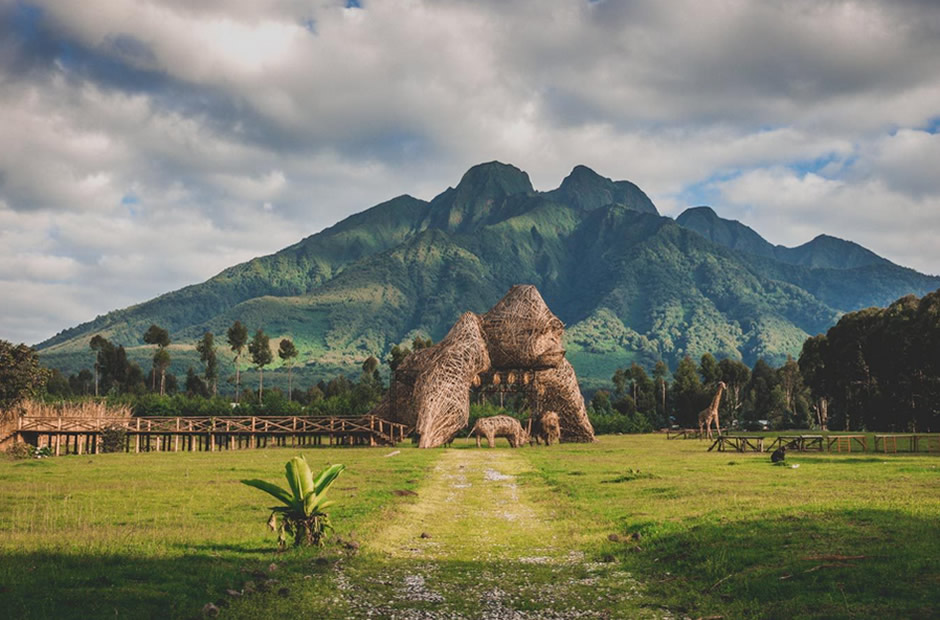


Leave a Reply